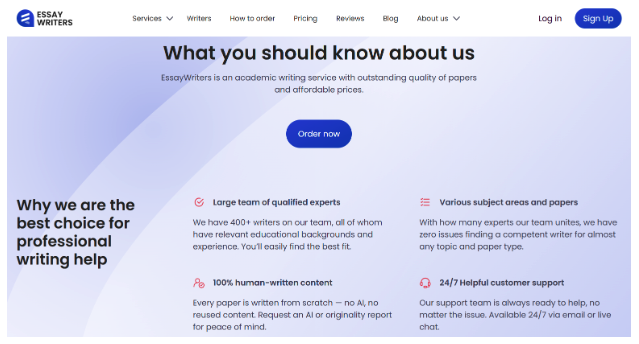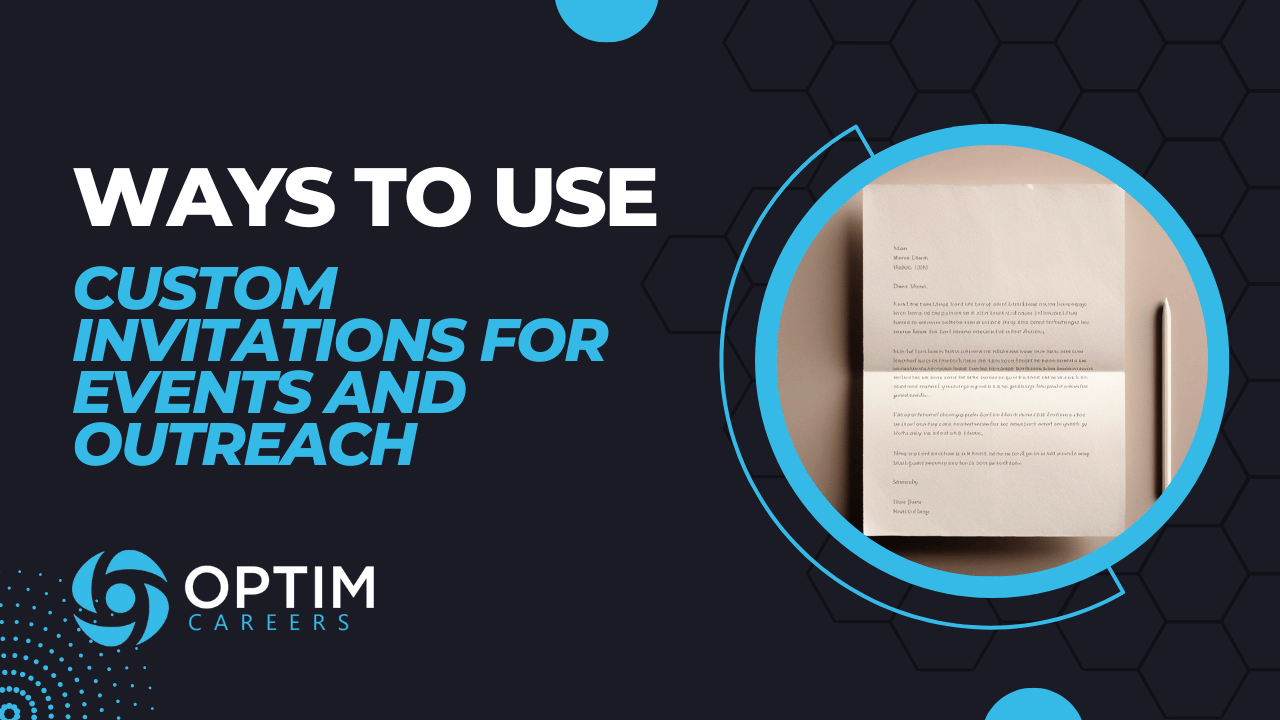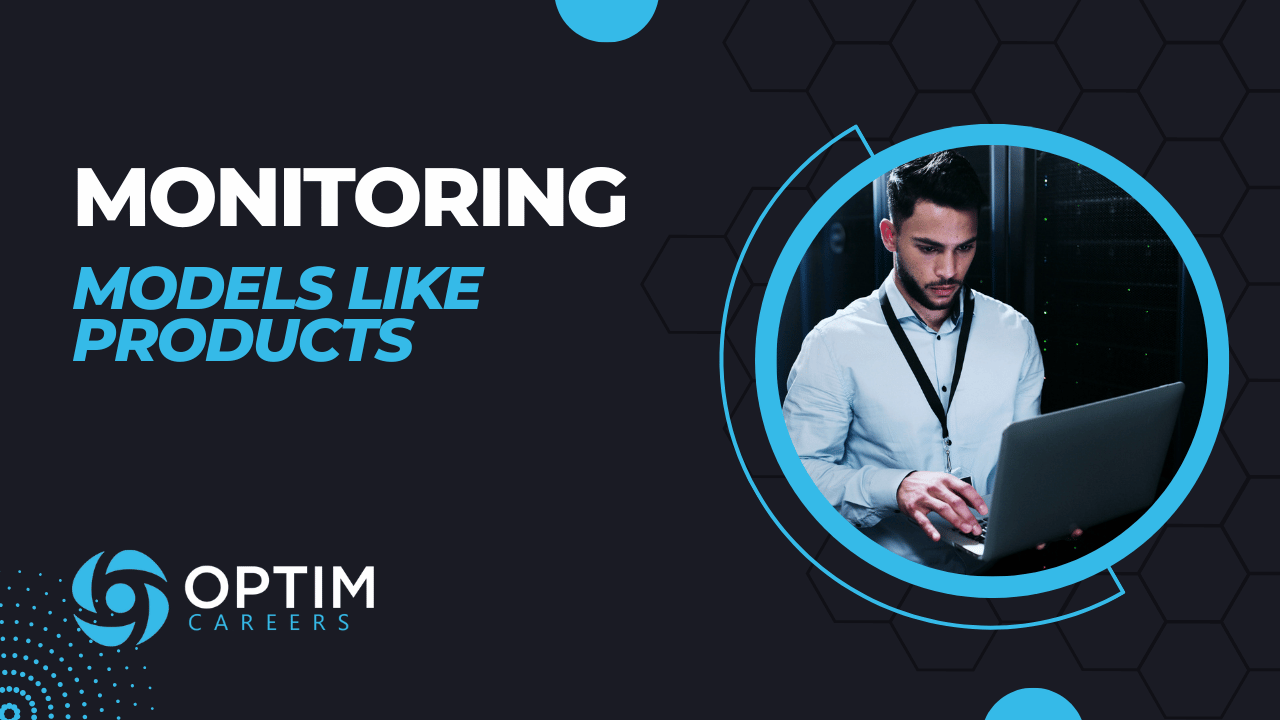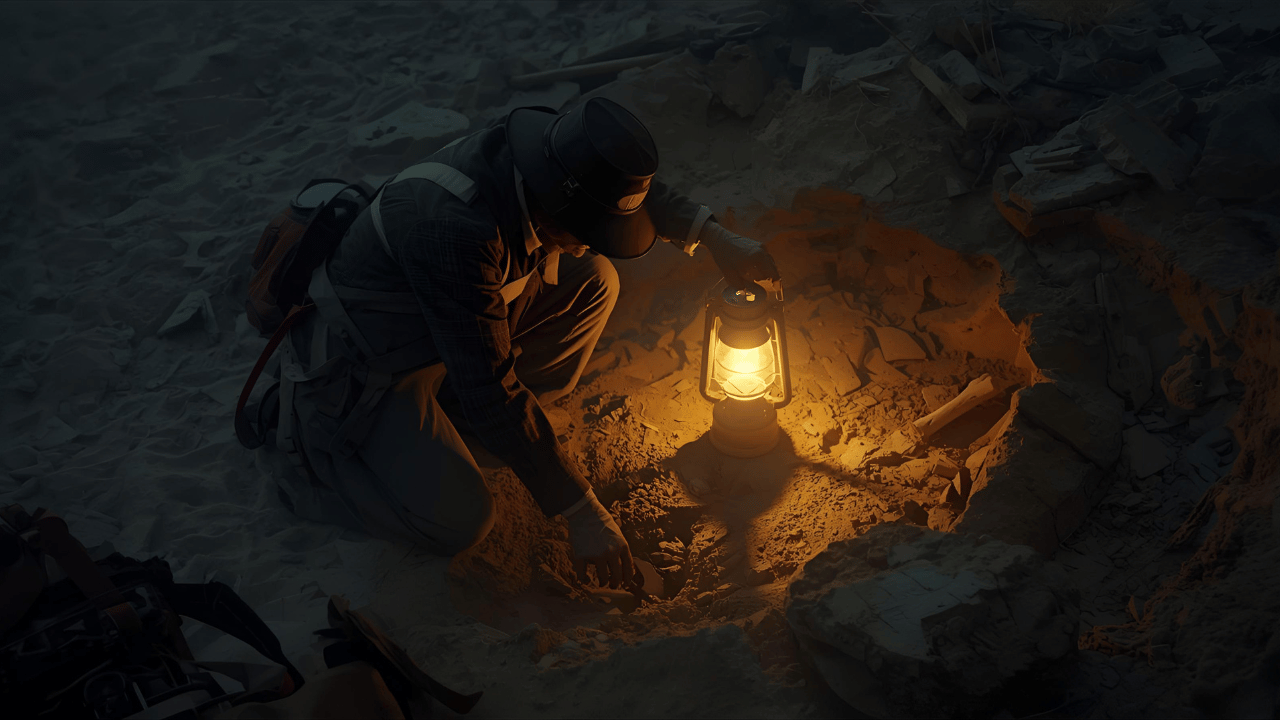Full Desk Recruiting [Is It Better?]
If you’ve been searching for a job or working with agency recruiters, you may have heard someone say, “It’s a full-desk recruiter.” Today I want to look at this from a couple of angles.
First, if you’re preparing for a full-desk recruiter interview and you’ve never worked a full-desk job before, this article will give you some insights.
Second, from a hiring manager or job hunter perspective, does it make a difference if you’re working with a full-desk recruiter or not?
This week I had the pleasure of sitting down with Diana Carlstrom who has been both a full-desk and split-desk recruiter for the past 23 years. Together we will share our stories and give perspective to this topic.
In this article, we’ll discuss:
What full desk recruiting is.
The benefits of full-desk recruiting.
The drawbacks of being a full desk recruiter.
What type of people do well in full-desk recruitment.
What is better, split desk or full desk recruiting.
Whether job seekers get more benefit from working with full desk recruiters.
What Is Full Desk Recruiting
Full desk recruiting is a type of recruiting that is exclusively found in the staffing industry. In other words, full-desk recruiters only exist with recruiting agencies, not in corporate recruiting. They are all third-party recruiters.
To answer this question, I think it’s helpful to look at the other model, split desk recruiting, for a minute.
Many recruiting firms utilize split desk recruiting which separates the sales/client functions from the recruitment/candidate searches. In other words in a split desk model, two different people (or more) work together to fill openings.
In a split desk model, one person is usually responsible for client management with the hiring manager, and another person is responsible for candidate management. The two then work together to obtain job orders (openings) and fill them.
How is Full Desk Recruiting Different From Other Types of Recruiting
Full desk recruitment combines those two roles into one. One recruiter does both the sales and recruitment. This doesn’t mean they don’t still work together with other recruiters, but the tasks they all perform will be the same because they are doing everything from start to finish.
In full desk recruiting you are responsible for the entire hiring process from start to finish. There are no handoffs to other team members.
Responsibilities of a Full Desk Recruiter
Building centers of influence and networking to uncover job opening leads before they are advertised
Cold-calling employers to identify needs and build a portfolio of clients
Email marketing candidate profiles to clients who have a history of hiring similar candidates
Conducting interviews with applicants and referrals
Matching potential candidates with job openings
There are many more activities that a full-desk recruiter does, but these are some of the primary ones to give you an idea of the type of work you could be doing.
Benefits of Full Desk Recruiting
Not Dependent on Others for Success
The most obvious benefit of running a full desk is that you work everything from start to finish. In other words, you’re in complete control and not reliant on the success of others. If your recruiters or your sales team is less experienced, you don’t have to worry about that. You’re in charge from the beginning to the end. Your success depends only on you.
In addition, in a split desk model many times you have to sell the recruiting team on the viability of your client’s opening for them to prioritize your orders. They may be recruiting for several account managers with multiple clients and multiple openings. There is only ever so much bandwidth a team has.
Information Isn’t Lost in Translation
Another benefit is that you don’t have to play the telephone game between account management and recruiters where details can get lost or misconstrued. This happens frequently in split-desk recruitment where the recruiter may tell the candidate something that isn’t 100% true. It’s not because they’re trying to get one over on the candidate, but in passing information, some of it was lost.
You Choose Who You Work With
You get to choose who you work with. If key qualification materials like compensation ranges don’t line up, you can choose not to work with a particular company or candidate. It’s completely up to you to decide who you want to work with and who you don’t. It’s kind of like owning your own business in this regard.
Better Candidate Submissions
Diana argues that full-desk recruiters can often present more ideal candidates because of their deep knowledge of the company and its culture. Most likely the person doing the recruiting in this model is also the person who has visited the client’s office multiple times and spoken with multiple managers. In split desk models, it’s rare for the recruiters to spend much time at a client’s facility.
Full desk recruiters often have a good feel for team dynamics and personalities and can assess soft skill set for adaptability in particular environments because they’ve spent time with these teams. They can oftentimes be more embedded in a company than their split-desk counterparts.
Better Skill Marketing
Many recruitment agencies do what is called skill marketing. This is where they take a job seeker with a strong background and resume and market it to their contacts who have been known in the past to hire similar people. It’s a very proactive approach to obtaining openings and placing candidates before an opening is made public. Some people call this part of the hidden job market.
Because a full desk recruiter knows their clients so well, it’s much easier for them to pick up the phone or send an email to them asking them to meet with a candidate because that person could add value, regardless of whether they have an opening right now or not. This can be a huge advantage for job seekers.
Split desk recruiters can do this as well, but again, there’s a lot of information passing happening.
Downsides of Full Desk Recruitment
Fewer Contractors on Assignment
One thing Diana and I both acknowledged was that full-desk recruiters tend to have fewer contractors, or temp workers, out on assignments. With a split desk model, it’s easier to bring in volumes of openings and have a machine of recruiters to back you up to fill those job openings. This works great for contract or contract-to-hire openings. It doesn’t work as well when you’re working both sides of the desk.
Sure, you can still have a team of full-desk recruiters working multiple contract openings, but I have to agree with Diana, it’s less likely and less efficient. This is why many full-desk recruiters intentionally focus on direct hire openings. A direct hire job is one where the company hires you permanently the same as any other employee.
Lapses in Business Development
Working a full desk can often feel like you’re a ping pong ball being swatted back and forth, trying your hardest not to lose momentum or fall off the table. One thing you’ll hear often in agency recruiting is to stay closest to the dollar, which means if you have viable job openings, you work your tail off to present candidates as fast as you can. Time kills all deals.
Another simple truth is that everything you do today pays off three months from now on the business development side. So if you stop everything to fill the 10 job openings you were just given, it can be hard to continue enough business development efforts. Once you collect your commissions for placing candidates, you can easily experience a lag in business because of this.
If you work with a large enough team, hopefully, other team members will have openings you can split with them if this happens to you. Otherwise, if you’re on your own, it can feel like selling real estate sometimes.
Less Collaboration
Just because you are responsible for both sales and recruiting, doesn’t mean you don’t work on a team. You could work with dozens of other full desk recruiters who do the same thing. I’ve observed some environments where this pits recruiters against one another. Instead of sharing candidates with another recruiter for their client’s opening, some may withhold candidates hoping to make more money by placing them with one of their clients. Or if you present one of your candidates on another recruiter’s opening, they may not want to present them because they want to make more money by placing their candidate.
Sometimes full desk recruiting can be more political and foster less collaboration.
Who Excels in Full Desk Recruiting
I’m often asked by people considering career moves within the staffing industry, who excels in this type of role. I asked Diana this question as well and her answers were in sync with my own. The people who succeed in full desk recruiter jobs have the below characteristics.
Type A
People who aren’t afraid to pick up the phone and call candidates and clients usually do well. They’re persistent, consistent, and assertive, but not aggressive. This is not the role for every recruiter. If you’d rather wait for applications to come in and only call hot leads who are expecting your phone call, this probably isn’t the role for you.
Detailed
There are a lot of moving pieces in full desk recruiting to keep track of. Picture Erich Brenn from the Ed Sullivan Show spinning five glass bowls all on top of tall sticks while spinning eight plates. That’s often what this job feels like and you don’t want the dishes to fall and break. That means you’ve got to take great notes or have a great memory.
Ability to Ask Questions
The most successful recruiters I know are the ones who have a knack for asking the right questions. They’re great at uncovering what hiring managers aren’t telling them and fact-finding before they start recruiting for a new opening. Very few things surprise them. They almost always have the answer to any question a candidate may ask during an interview.
Negotiators
This is true of any recruiting role, not just full desk, but you must possess strong negotiation skills. Recruiting can feel like running a dating site sometimes. People get ideas, they change their mind, and sometimes they need to be reminded of why they signed up for this job search in the first place. Good client and candidate control is essential and that involves negotiation abilities.
Understanding the pain points of both sides and helping them come together to align their goals makes for a great recruiting experience.
What Does a Day Look Like for a Full Desk Recruiter
Diana and I both had very similar schedules when we compared our full-desk recruiting experience. While every day brings its curve balls, most days include the following:
We both started our mornings checking emails, voicemails, and LinkedIn to respond to messages. We then prioritize those messages by urgency and importance. Just because someone called us, doesn’t mean we return the phone call. If we did that, we’d spend all day returning applicant and candidate messages and nothing would happen for anyone.
Next, we would review our marketplaces by reviewing open jobs, examining any trends in openings, and then reviewing the activity with our clients.
After prioritizing our openings, we would both often source candidates from job boards and other sources, including calling people in our network to ask for referrals.
Throughout the day we would also follow up with our clients on candidate presentations, status updates, and quarterly business reviews.
Some time would be dedicated to interviewing candidates and also business development activities which included skill marketing emails, phone calls, and quarterly client visits.
I also prioritized the professional affiliations that I was a part of. I did a lot of accounting and finance recruitment, so part of my days also included planning IMA (Institute of Management Accountants) events and working with these organizations.
The one thing about full-desk recruiting is that no two days ever look the same. Some days you are heavily involved in recruiting and others in sales.
Unlike split desks where there are typically many activity metrics, many full desk roles are more focused on final results. Because of this, you may find more autonomy in the type of work you do. Not all companies behave this way, but many do.
Is Split Desk or Full Desk Recruiting Easier
The answer to this question is highly dependent on each individual being asked. For Diana, she thinks that a full desk is easier because she feels more in control of her work and the relationships she has.
For myself, I prefer a split desk model. When I worked a split desk, I worked with highly competent people. I think the average tenure on my teams was around 7 years. I felt like I could accomplish more by focusing on one element of the business while being backed up by other highly competent people.
Every person has to answer this question for themselves and the only real reason to know is to educate yourself on both, talk to people who have done both, and try both out yourself. You’ll quickly know which one is for you.
Is It Better For Job Seekers to Work With Full Desk Recruiters
If you work with a third party or agency recruiter, you should always do your homework. You’ll have more success working with someone in your industry. Many recruiters specialize in certain industries or job families. Make sure the person you’re speaking with can talk shop with you. If they can’t, that’s not a great sign.
Even as a job seeker, your time is valuable. You want to work with recruiters who speak your industry language because that is a strong indication that they can also speak that language to the hiring managers they know and help you secure a job with their clients.
Diana believes that working with full-desk recruiters can be more beneficial because they typically have more motivation to place you than a split-desk recruiter. On this point, I deviate because I’ve seen highly effective, highly empathetic recruiting teams work split desks too.
I understand the argument because, in a full desk model, the recruiter who is your primary contact is also the primary contact for the hiring managers they work with. While in a split desk model, the recruiter that you’re speaking with may still advocate for you, but they’re often not the person who manages the relationship with the hiring manager and often have less ability to push back and advocate for you.
The reason I deviate from Diana is that despite all of this, if you have a recruiting and account management team that works well together, hand-in-hand, you can get the same results.
I would instead suggest focusing not on the model the recruiter and their company follow, but on the following:
How well the recruiter knows the industry and has connections in your industry.
How long has the recruiter worked in your marketplace?
If you feel the recruiter wants to understand your background and value or whether they’re simply trying to hit their interview metrics for the week.
Contributor: Diana Carlstrom has been in the staffing industry for 23 years. Her company, Executive Search Partners is a Southern California boutique agency that specializes in construction recruitment. Diana also has extensive experience recruiting for manufacturing and engineering clients. You can connect with Diana on LinkedIn.
Editor: Cole Sperry has been a recruiter and resume writer since 2015, working with tens of thousands of job seekers, and hundreds of employers. Today Cole runs a botique advisory firm consulting with dozens of recruiting firms and is the Managing Editor at OptimCareers.com.
















